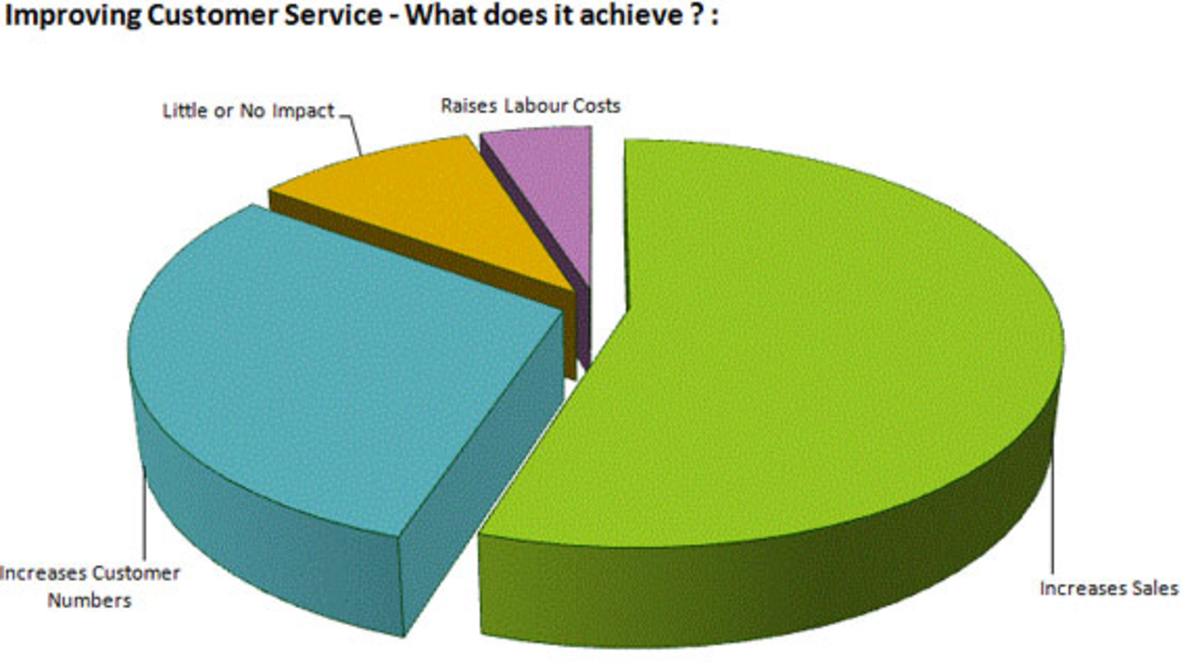Comparing Development Quotes
Arcane Strategies is a web and apps development company and a consultancy for companies seeking advice in web contracting. With decades of combined experience at previous agencies and with international teams spanning 15 countries, Arcane's engineers have seen our share of the good, the bad, and the ugly, when it comes to estimates and quality. We believe strongly in lasting business relationships, so regardless of whether you are an Arcane client or not, we'd like to give you some advice on evaluating estimates.
The most difficult process for small businesses approaching potential digital partners is often in evaluating estimates. Guess what, this also happens to be one of the more difficult processes for your potential partners, as well. As you might guess, cost and timeline estimates are most often underestimated and they can vary for any number of reasons. Variance between estimates and timelines can be caused simply by where your partner is located, due to wage overhead, language barriers, time-zones, cultural dissimilarities, or otherwise. This variance can also be a result of mistake-prone engineers, lack of communication, or candidates pitching alternate platforms, jockeying for lowest bid, underestimating scope, or targeting low-budget solutions. Sometimes it's intentional but oftentimes, it's simply the result of your (potential) partner being under-informed.
Many web developers maintain similar standards but with thousands of combinations of languages, API's, CMS's, UI, Frameworks, Databases, and so forth, your custom solution may require greater specification. Oftentimes your engineer is better suited to investigate and write those specifications themselves, to have a greater understanding of the approach. Your willingness to cooperate with alternate solutions, when in a bind, is also paramount to your ability to control your budget. Be sure to ask yourself how crucial each feature is to your business and in-particular, whether or not you can afford to be critical of that feature's workflow.
The extent of this inaccuracy ought to be your greatest interest, because a full scope agreement puts you at the mercy of your partner's estimate and stopping the bleeding is improbable and risky. It's entirely possible to see a variance as low as 10% or as high as 300%. Higher complexity often leads to higher variance but there are other factors of the contractor, to consider, as well. Your partner should demonstrate attention to detail in specs and proposals, questioning the specs and considering alternate models, and methods. Be wary of developers who are not asking enough questions, be especially wary of developers who are exceedingly agreeable (ie. "Yes Sir" on repeat), and heavily scrutinize proposals that are dramatically different than others. If you're only reviewing 2 or 3 competitors, I'd suggest you interview a couple more, to have a larger sample size.
The inaccuracy of scope estimate is certainly your primary start-up concern but if you want your business to last and thrive, you should be equally or even more concerned about costly solutions, not just costly scope. You might see low cost proposals with a lot of "static" elements, which gets you to your MVP but isn't autonomous and sustainable and requires developer assistance in the future. This increases your cost of maintenance and ad-hoc edits are significantly more expensive on a production site, than in your initial development phase. Ask yourself how much you're saving in scope, versus how much you're paying in maintenance. Proposal recommending multiple CMS's might be well suited for multi-product solutions but consider that this will also cost you twice as much to maintain. If you can handle multiple solutions within a single framework, without significant increases in cost, you should aim to do so.
Give yourself the best chance at success by weighing the value of your partner against the cost of your scope. Small projects (ie. basic informational sites) are unlikely to have significantly different results between a name brand agency and a freelancer. If you're looking at a proposal for a 5 page informational marketing site, where big marketing agency A comes in 3x higher than freelancer B, A's value simply doesn't outweigh B's. On the other hand, if you're looking at a proposal for a 12 month build of an international marketplace, the value of A's interests in their reputation and the experience and stability of their expansive staff, on top of additional service capabilities, may well justify a 3x investment. The last thing you want, is to commit 90% of your budget to 90% of your scope; releasing under-qualified and under-performing contractors before the job is completed, can put you back at square 1 and 90% in the hole. On top of that, your timeline to market is critical and each day that passes may cost you more in revenue than in your scope savings.
Finally, plan to be in control. I don't mean that you should plan to be bothersome nor in control of your partner's workflow, as that will be costly and it's in your best interest, to allow your partner to operate as they normally do. Rather, you should consider your partners' proposed workflows that offer you the greatest flexibility, control, and leverage throughout the process. An agile approach, for instance, allows you a far greater capability to control and pivot your business model in a micro-economic approach. It also greatly reduces the financial impact of specification oversights (under-information) and brings your solution to market with an MVP, faster than a full-scope waterfall model. That means that you could be generating revenue and increasing your brand awareness sooner than later, and can reconsider your feature set throughout the lengthy development process, without committing to the total cost, should financial issues arise. Doing so will also give your partner a more accurate read on estimates, in the future. It's important to note, however, that agile solutions often result in a changed product (as per your intentions) and rapid-deployment of agile solutions (ie. iterative launches), are likely to increase your overall budget and timeline of your final scope, should you choose to move forward with said scope.
We hope this information is useful to you in making educated decisions about your next digital partner. We'd love to hear from you, if you find this helpful in any way. Click the contact (envelope) icon in our main navigation, to get in touch with us. Best of luck to you on your new project!



